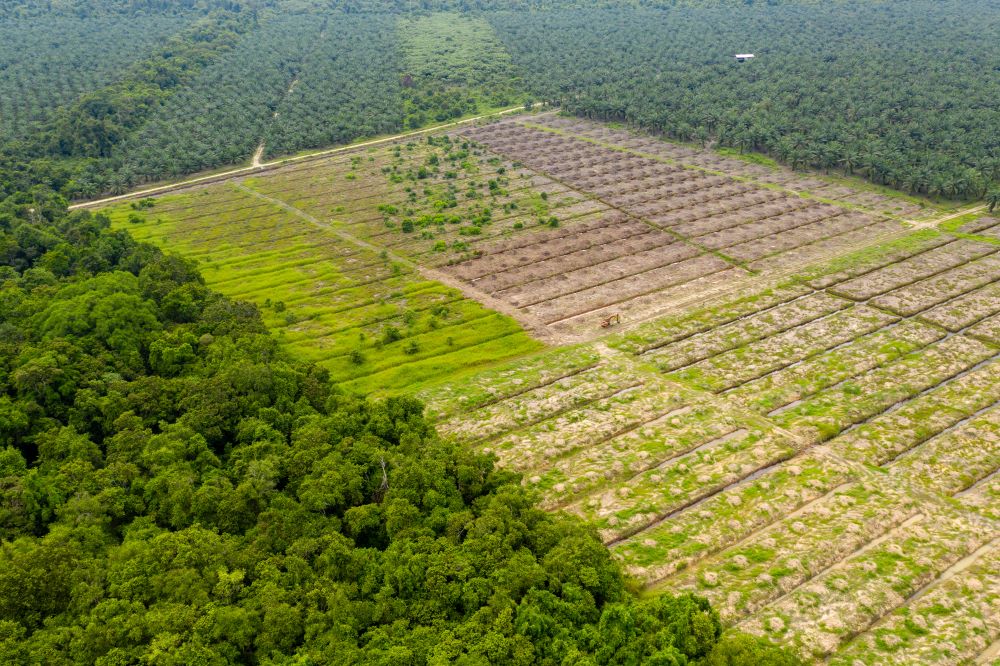
Deforestation in tropical regions is being fuelled by the growing global demand for commodities such as oil palm, cocoa, and coffee. A recent analysis highlights that high-income countries, with their rising consumption, are key drivers behind the rapid conversion of forests into agricultural land. While current market-based measures—including sustainability standards and due diligence protocols—offer some mitigation, they fall short of addressing the root causes.
The study proposes a three-pronged strategy to tackle deforestation: first, reducing consumption by introducing targeted taxes and import duties that can fund sustainable production practices; second, strengthening sustainability criteria through more rigorous trade regulations and environmental policy reforms; and third, enhancing the monitoring of land-use changes with advanced satellite imagery to better capture both large-scale and smallholder impacts. Ultimately, the research calls for transformative changes that challenge existing economic systems and promote local governance to deliver lasting, sustainable solutions.
This analysis is part of the EU-funded Transformative Change for Biodiversity and Equity (TC4BE) project, underscoring the urgent need for systemic change in how we manage global supply chains.
